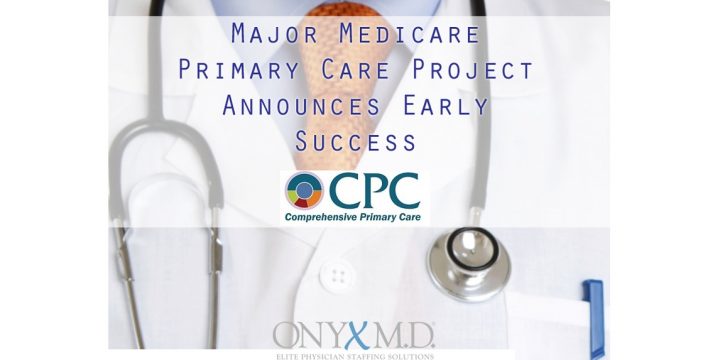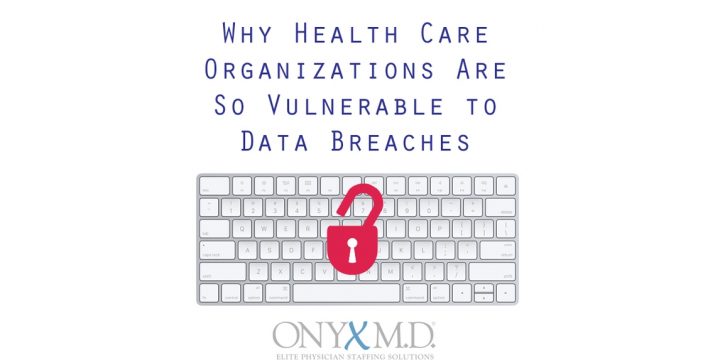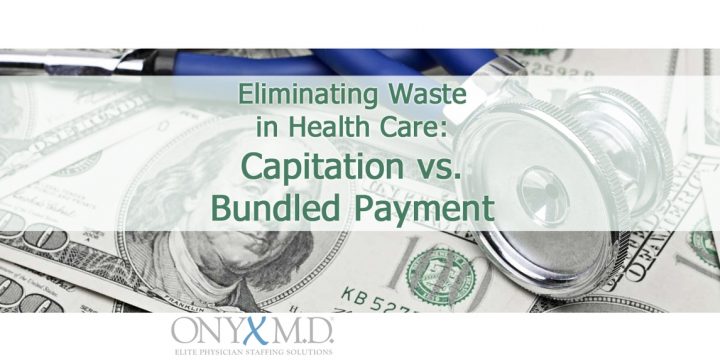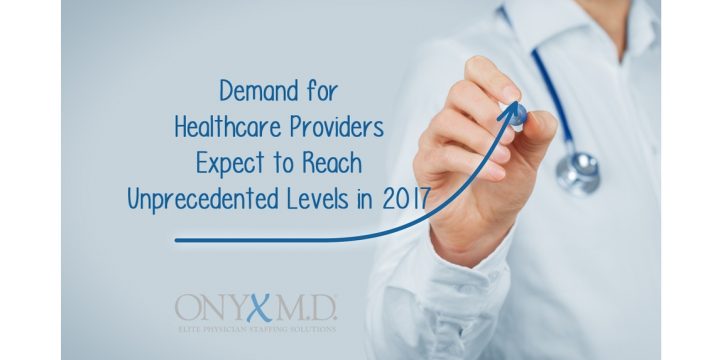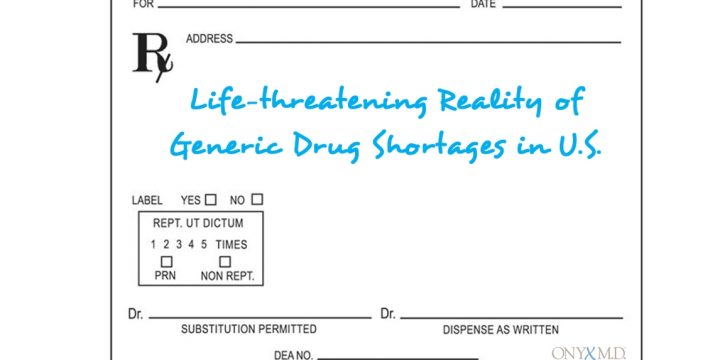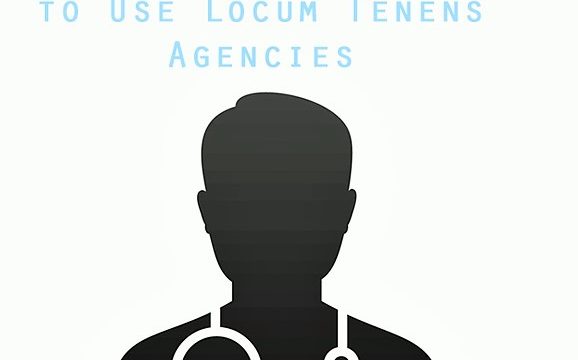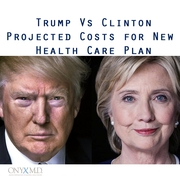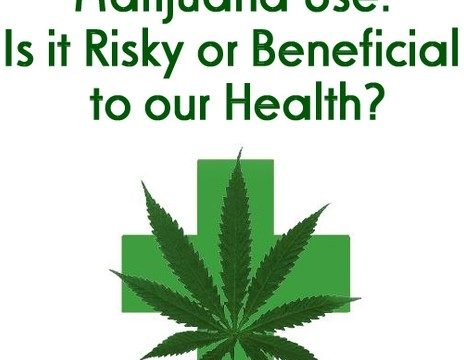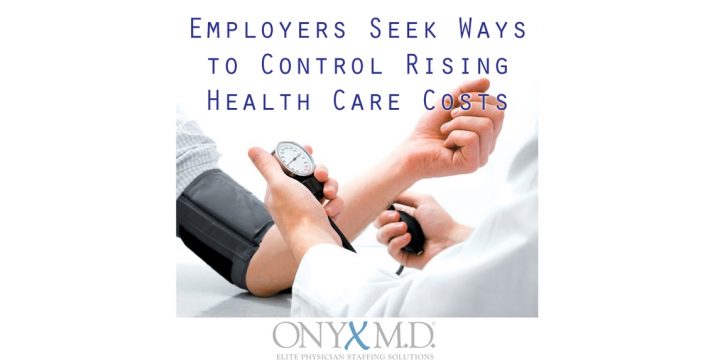
Employers Seek Ways to Control Rising Health Care Costs
In 2016, health care costs were expected to grow 6.5 percent, far more than inflation. While not as great as in some years, this burgeoning financial responsibility has much of the business community vigorously searching for solutions to keep health care costs in check. While many employers are utilizing tactics like higher deductible plans or increased co-payments, some companies are investing in strategies that cut costs at the source. According to consulting firm Willis Towers Watson, almost 45 percent of employers with a thousand or more employees are granting employees access to health care centers of excellence (COEs), organizations that have high care quality ratings. This is a marked increase from the previous year when only 37 percent of large companies utilized COEs. In the same survey, an additional 32 percent of…

